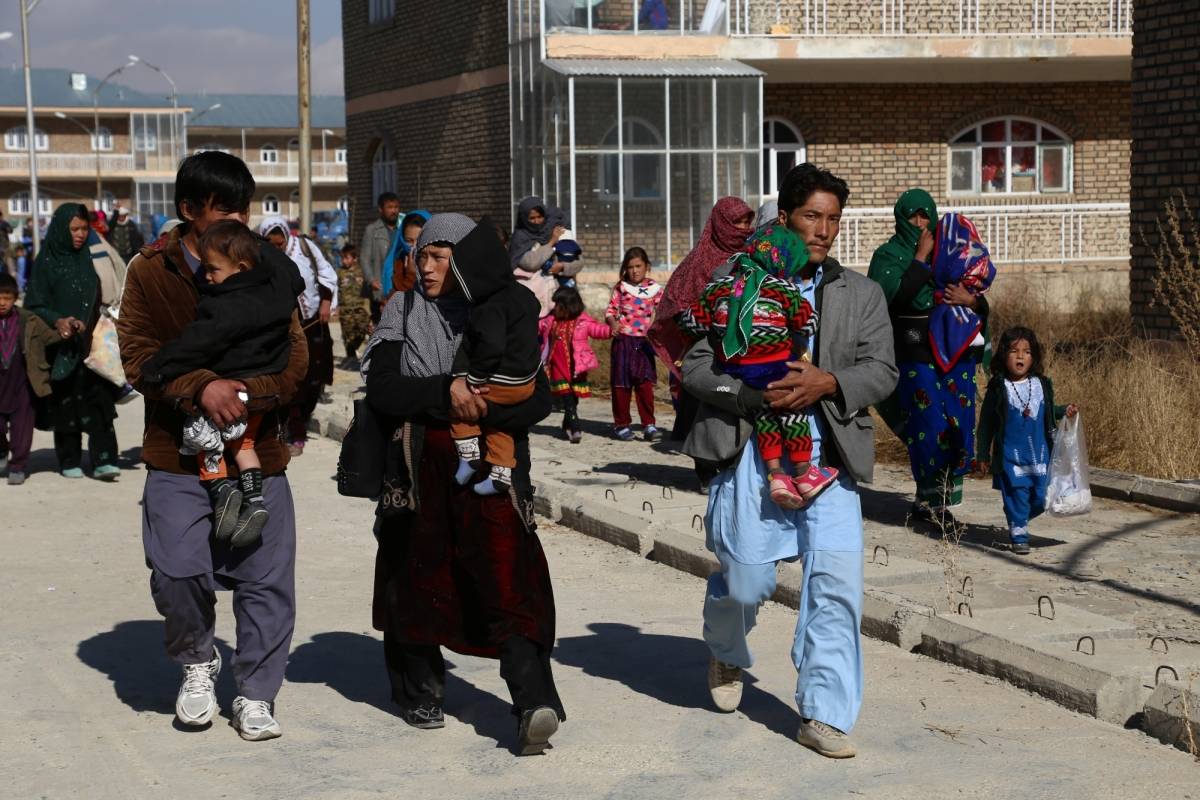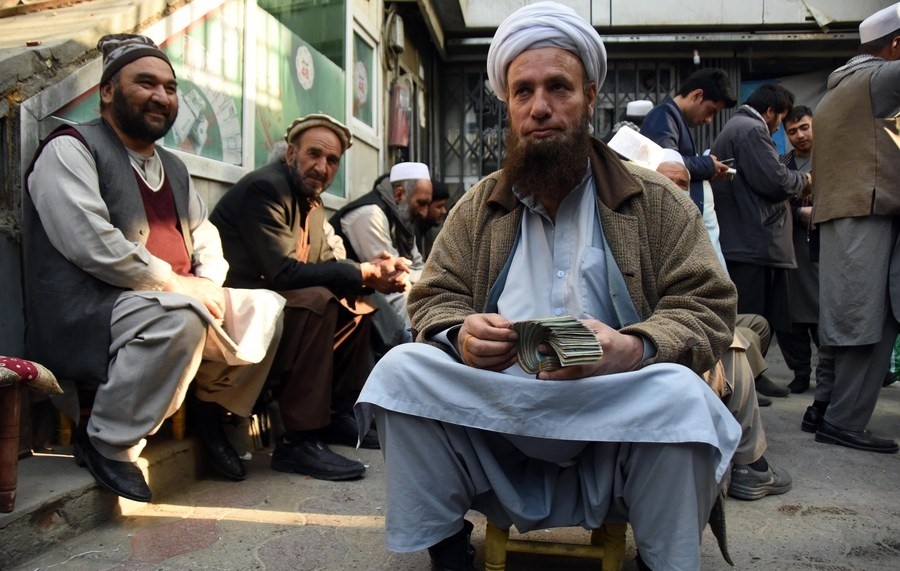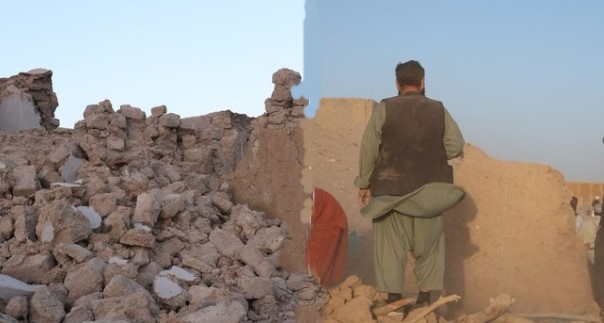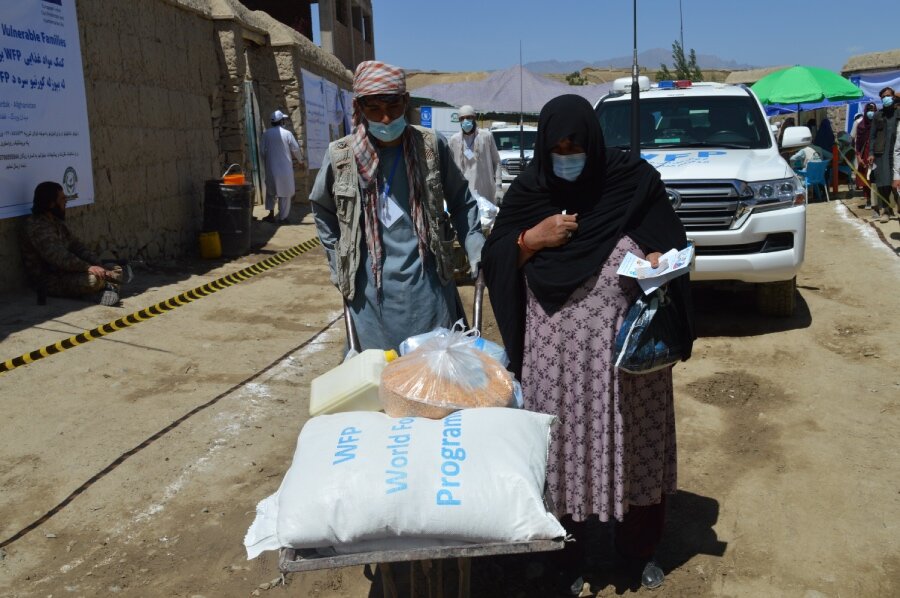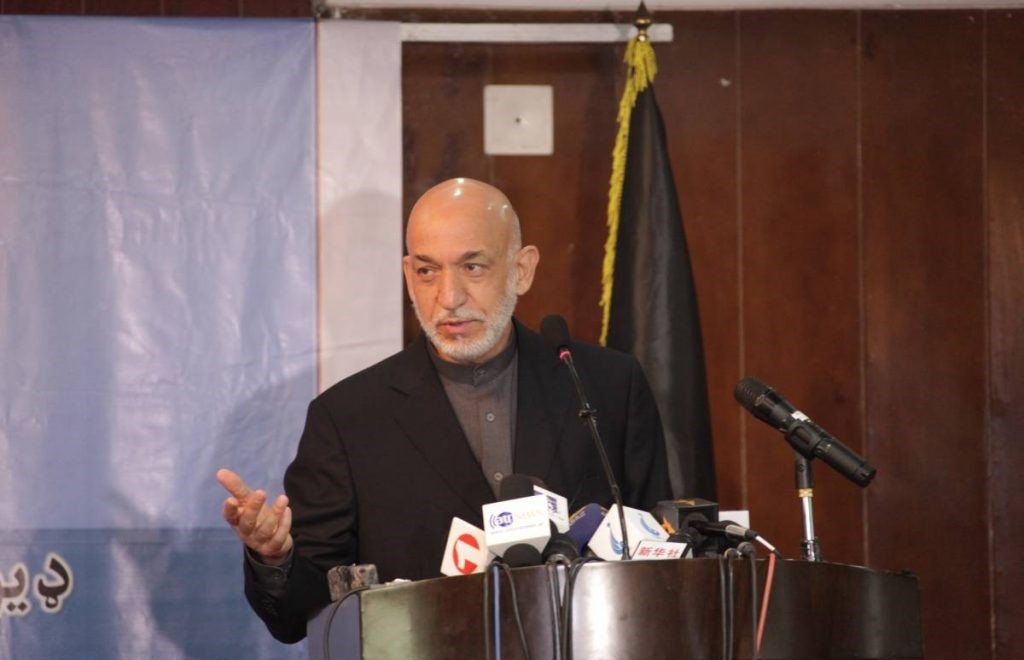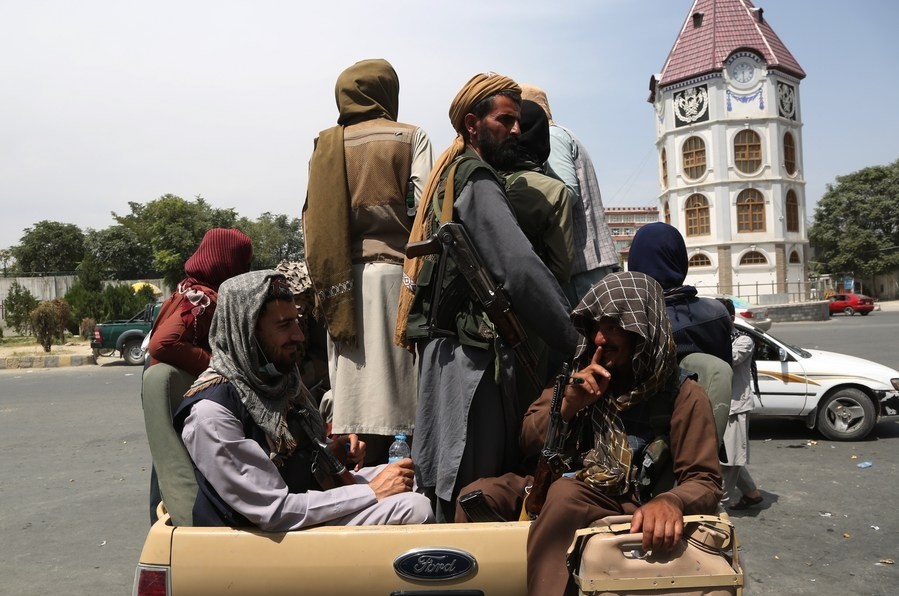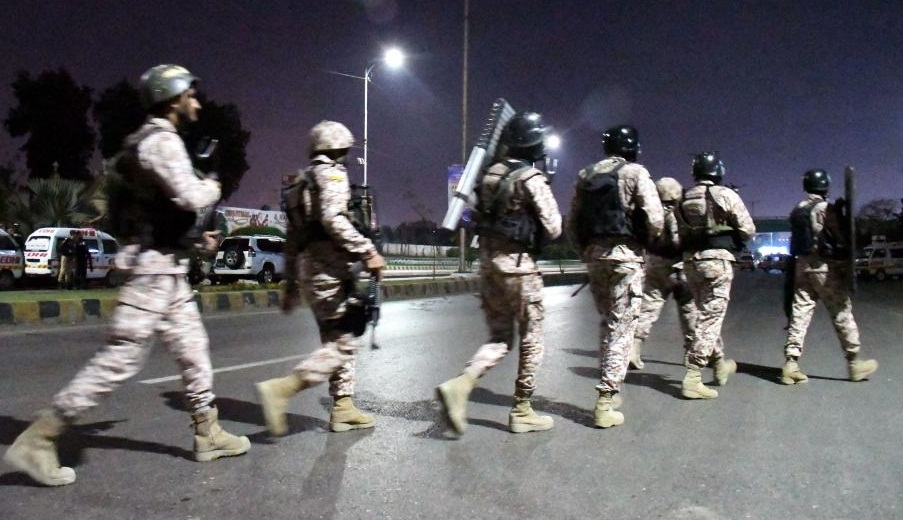There are around 1.7 million Afghan refugees who are being forced by the Pakistan establishment to leave Pakistan….reports Asian Lite News
The Afghan Cultural Association in Austria (AKIS) and the Social Democratic Party of Austria (SPO) organized a session on Tuesday in Vienna, Austria, over the forceful expulsion of Afghan refugees from Pakistan and its implications for Europe. The said session was attended by around 30-35 SPO party members, including senior members such as Gerhard Spitzer, SPO Party Secretary of the 21st District of Vienna, Bernhard Herzog, District Councilor of SPO and Jurgen Bozsoki, Head of the SPO office in 10th District.
Ghousuddin Mir, the President of the Afghan Cultural Association in Austria, was the main speaker during the session. During his speech, Mir elaborated on the implications that Europe might face shortly because of the forceful expulsion of Afghan refugees from Pakistan. He also presented on the human rights violations of Pakistan against Afghan refugees in Pakistan.
Elaborating on the same issue, he mentioned that, as per the UNHCR report, Pakistan hosts around 2.8 million Afghan refugees, out of which 1.5 million Afghans are estimated to be living in Pakistan without any documentation, including some 600,000 who arrived in the country following the Taliban takeover of Afghanistan in August 2021.
Evidently, in October 2023, the Pakistani government ordered a sudden crackdown on Afghan refugees and migrants who have been living without any documentation. There are around 1.7 million Afghan refugees who are being forced by the Pakistan establishment to leave Pakistan. More than 60% of these Afghan refugees have been residing in Pakistan for more than 15 years, the same press statement claimed.
Furthermore, most of these Afghan refugees are not willing to go back to Afghanistan and would make efforts to use the regular migratory route to reach Europe. This refugee situation created by Pakistan would have an impact on Europe, the statement said.
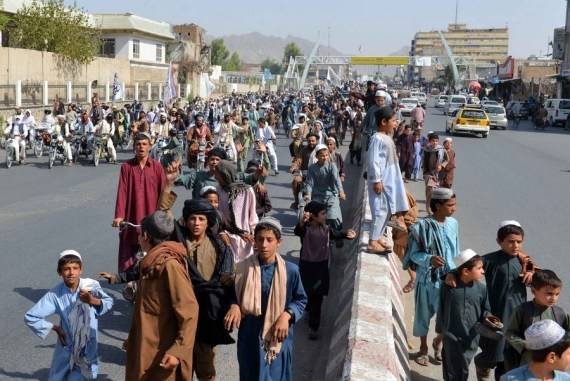
Additionally, Pakistan has traditionally been the first migratory stop for Afghans leaving Afghanistan. Most of the Afghans had made Pakistan their home and have been staying there with their children for years. However, this scenario would change because of this indiscriminate and unwanted action by Pakistan. In the coming years, more Afghan refugees would move towards Europe, possibly en-masse in batches. This would put pressure on the migratory systems in Europe. Austria being the gateway to Europe could receive more Afghan refugees on this front.
The statement further stated that this sudden action by Pakistan is neither required nor a solution for the terror threat faced by them. Most of these Afghans have been residing in Pakistan for a very long time and have never been a threat to the country. The reasons for the recent spurt in terror attacks across Pakistan are not because of these Afghan refugees. It is due to the actions of the Pakistan Army vis-a-vis the terror organisations such as Tehreek e Taliban Pakistan. Pakistan’s Army has provided space for these terror organisations to grow and are now finding it difficult to control them. They have shifted the blame on poor Afghan refugees for political reasons to hide their inability.
The statement also implicated that, the international community must raise their concerns with Pakistan and ensure that the Afghan refugees are treated by the International Human Rights law and that any action by Pakistan complies with these international instruments.
Many SPO members also raised questions on the present status of this issue and discussed on role of the party in addressing the rights of the Afghan refugees in Pakistan and to reduce the negative fallout of such issues on Europe. (ANI)
ALSO READ: WHO: 286K+ in Afghanistan Hit by Respiratory Illness


